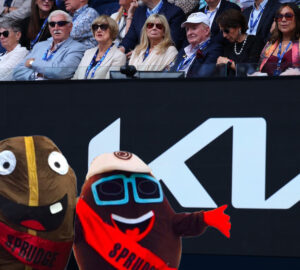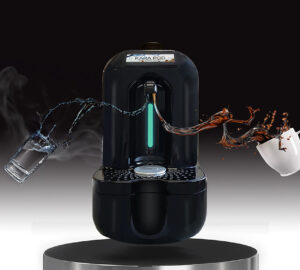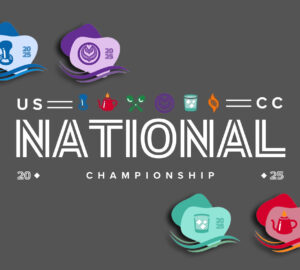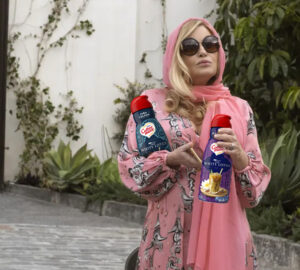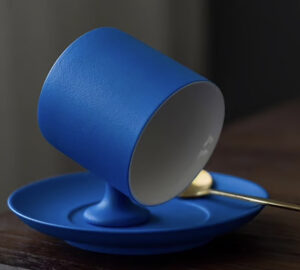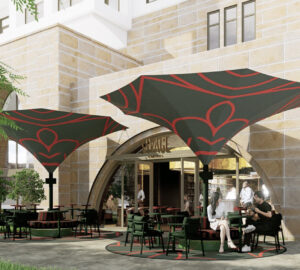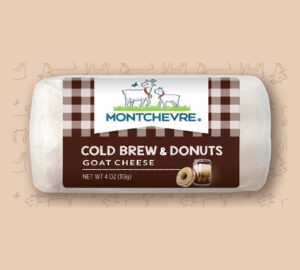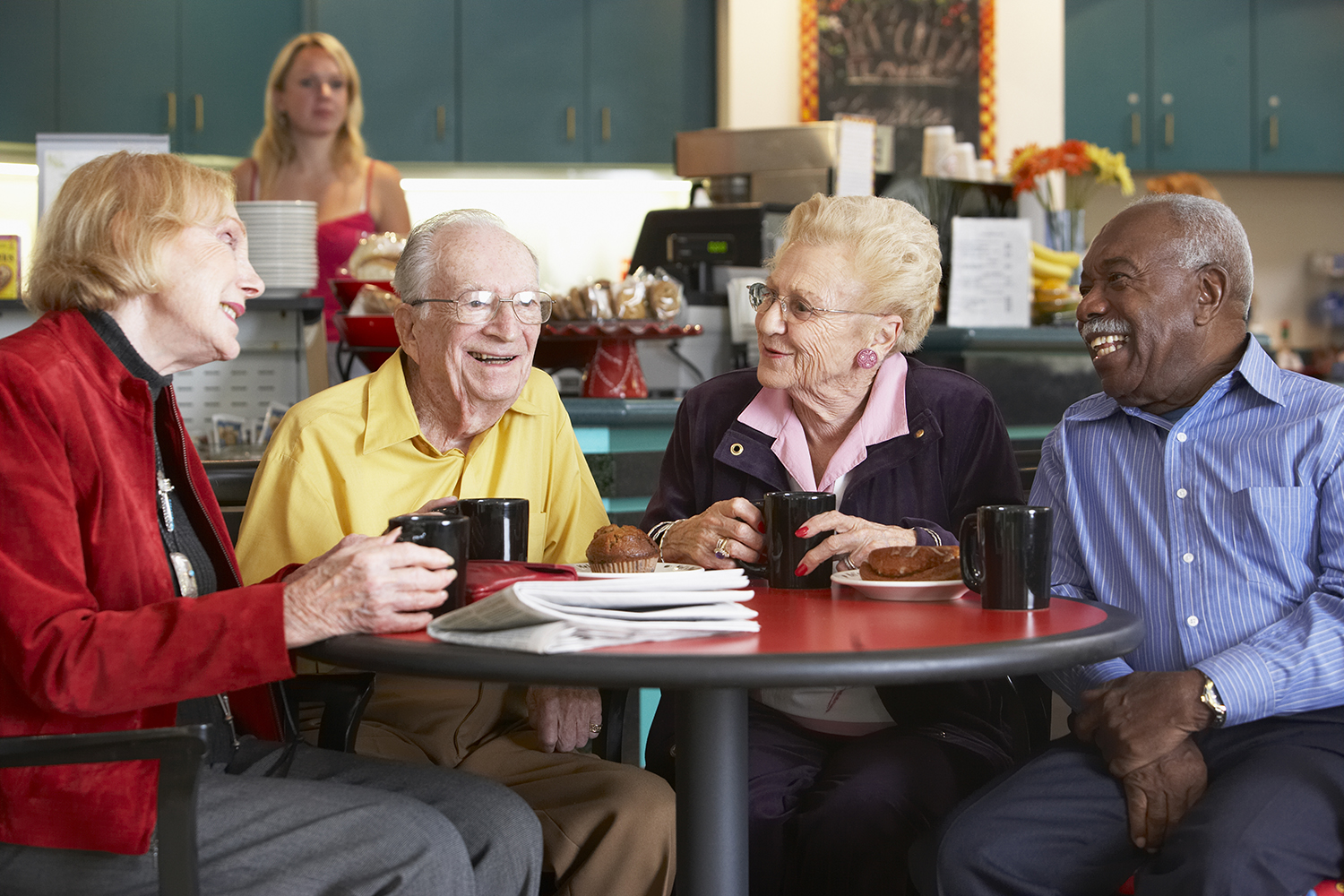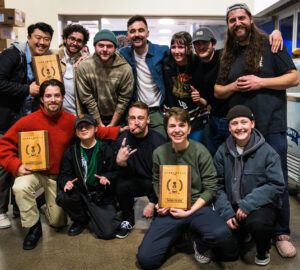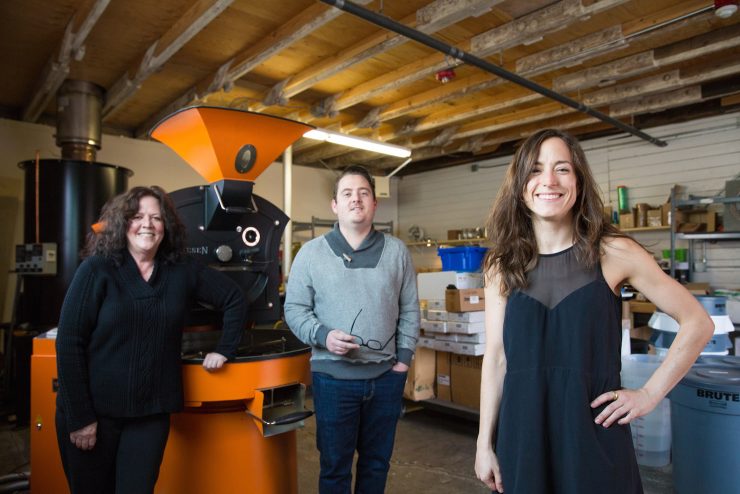
There’s big things happening right now with coffee in Seattle. No, I’m not talking about some massive coffee corporation; this is much more of a family affair.
Since their launch in late 2012, Seattle’s Slate Coffee Roasters have earned a reputation as one of the city’s leading microroasters, marching to their own drum and earning converts in droves. Three years later, they’ve expanded from their original location in the city’s Ballard neighborhood into a pair of new addresses in separate pockets of town: the University District and Pioneer Square. That makes a total of three outposts, plus an Airstream waiting in hibernation to find its permanent home.
This city has a storied history of producing dark roast espresso. So while a few locals scratched their heads after Slate opened its first storefront—with drinks served in glass stemware instead of mugs, a hyper focus on customer education, and arguably the lightest roasts in the city—local coffee enthusiasts embraced the roaster for its new approach from day one.
Slate is a family business, with Chelsey Walker-Watson running the retail side, her brother Keenan Walker roasting and buying green coffee, and their mother Lisanne Walker helping with roasting production and overseeing operations. With Slate successfully tripling its footprint in Seattle in the past months, first and foremost the family dynamics had to keep up.
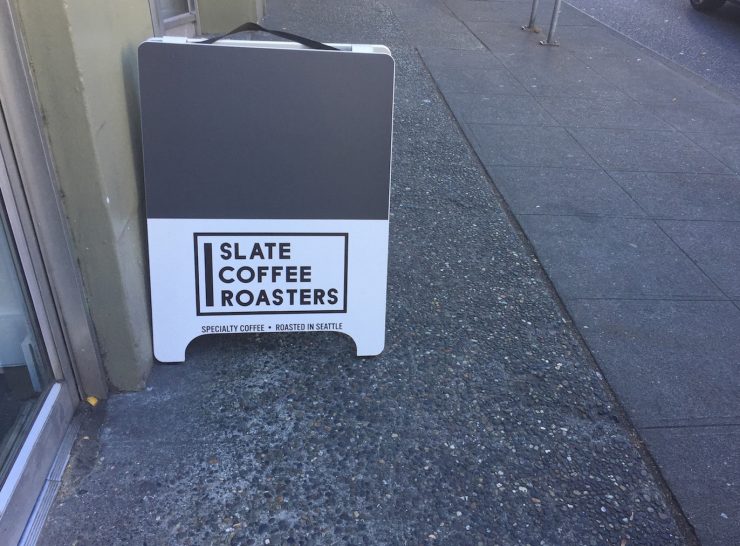
While there are challenges overall, Walker-Watson says owning Slate with her brother and mother has been successful because they each have “a level of investment and commitment and loyalty” that might be lacking in an average business partnership. “We’re all deeply committed to our success, both because we want to support each other financially and because we want to see one another happy and fulfilled with our work,” Chelsey Walker-Watson says. “You get to see your sibling’s or parent’s strengths or talents that you probably wouldn’t witness if you didn’t work with them. It also strengthens us as a family.”
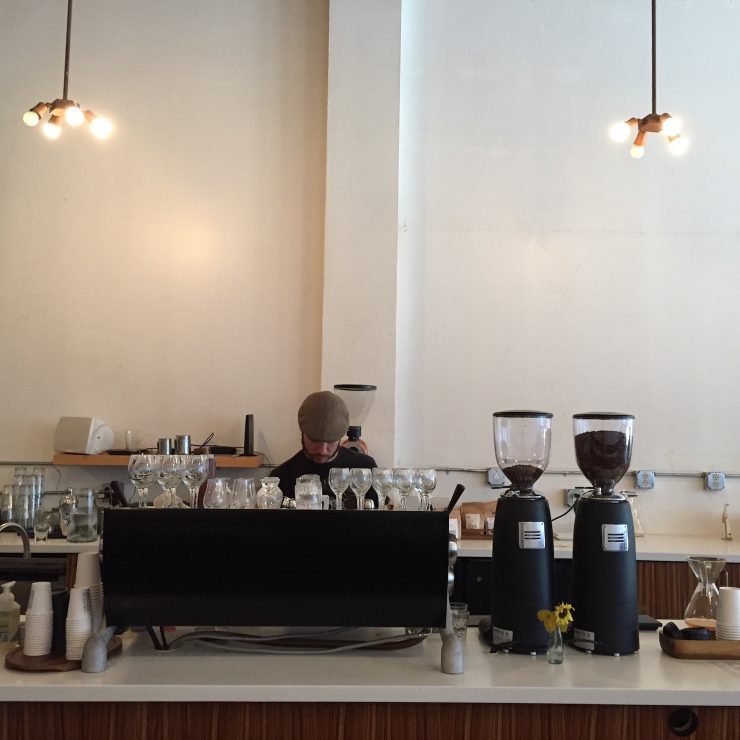
The three partners worked alongside staff to flip Slate’s new locations quickly; they opened just a handful of days apart. Both storefronts were previously occupied by Trabant, a cafe that blossomed in the aughts. According to Walker-Watson, Trabant’s owner was relocating to New York and was quietly looking to sell to someone in the coffee community, “She approached us a while ago. We were looking to expand our business and it gave us a way to go into two really wonderful neighborhoods with ease. There’s a ton of benefits compared to starting from scratch.”
Slate quietly opened in a long, narrow storefront in Pioneer Square in September, switching out equipment and signage with a simple buildout. The U-District location near the University of Washington required more cosmetic changes, starting with covering a huge mural of an astronaut with crisp white paint. Like Slate’s original Ballard location, both new stores serve the same pour-over coffee and espresso menu, with the addition of batch brew from the new Marco JET. Both stores feature Slayer V3 espresso machines.
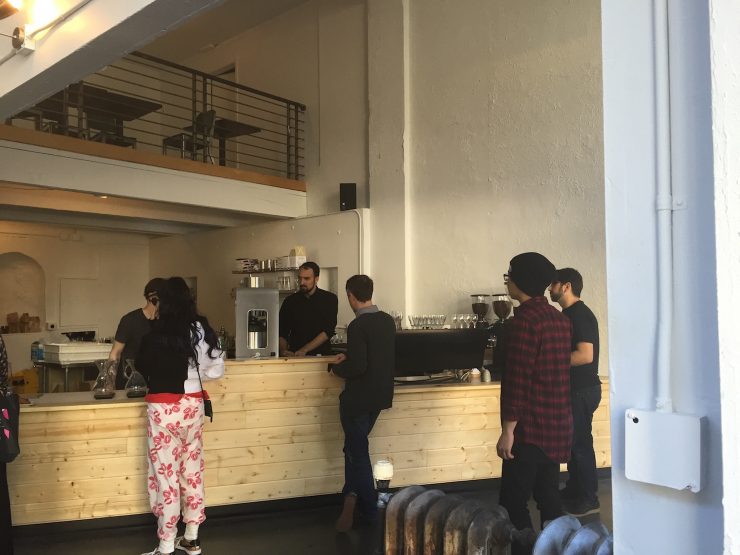
While all three locations do serve espresso drinks in stemware, each has a unique ethos. “There’s always a lot of intention that goes into ensuring that the environment of your shop fits into the community that you’re serving in your space,” Walker-Watson says. She sees Ballard as Slate’s tasting room, a sort of “destination location,” while Pioneer Square, with its long row of tables, makes sense for business meetings or for people with laptops looking to “hunker down” and work. It closes at 5 p.m., but Slate’s U-District store will remain open until later and may extend hours if there’s a concert at next door’s Neptune Theater or if it’s midterms or finals week for area students.
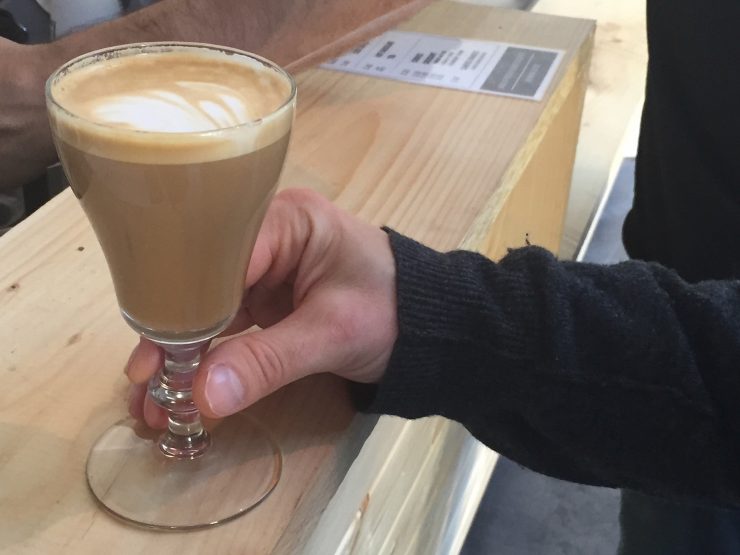
Walker-Watson says that when Slate launched in 2013, “we were the first roaster [in Seattle] that was doing a really light roast, and I think we’re still probably the lightest roaster in Seattle. When we first opened we had to work so hard to explain who we were, what we did, and how we prepare our coffee. There was a greater degree of effort to make people comfortable within our environment.” With newer additions including Elm Coffee Roasters, and Neptune’s change in ownership, Walker-Watson feels Seattle coffee drinkers have more of a context for lighter roast profiles. They’re “becoming used to—and loving—hand-brewed coffee and appreciating a simpler espresso menu where coffee is the focus,” she says.
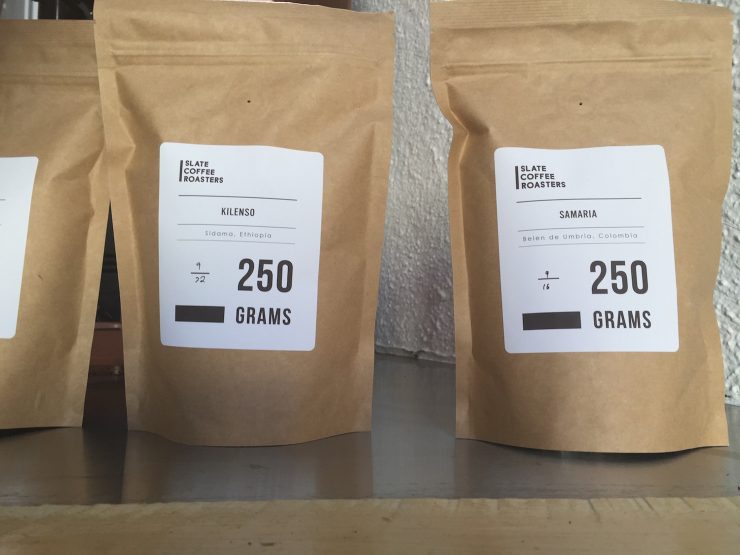
Both new locations are designed for traditional line service so there’s not as much time to orient new customers to the Slate ethos. The faster pace may mean baristas have less time to focus on coffee education, “but I think that that’s OK,” Walker-Watson says. “Sometimes [customers] want to grab and go and appreciate that moment on their own. We just want someone to have a great cup of coffee.”
Sara Billups (@hellobillups) is a freelance journalist based in Seattle. Read more Sara Billups on Sprudge.
















